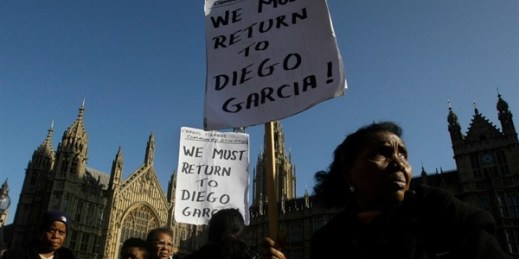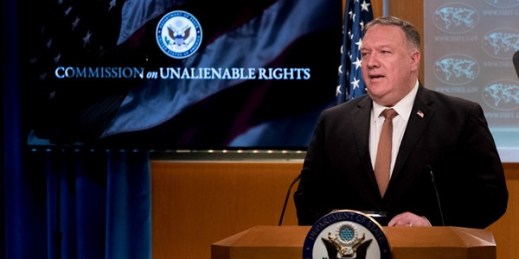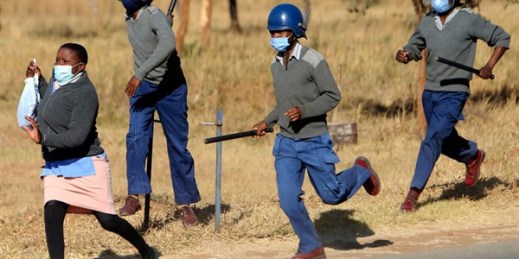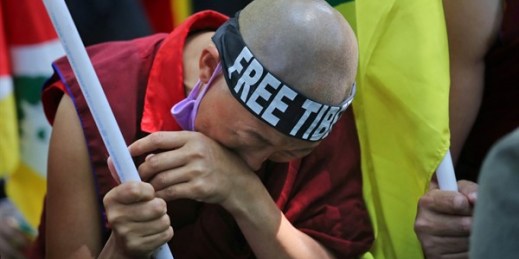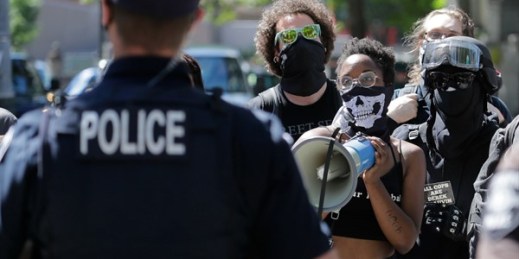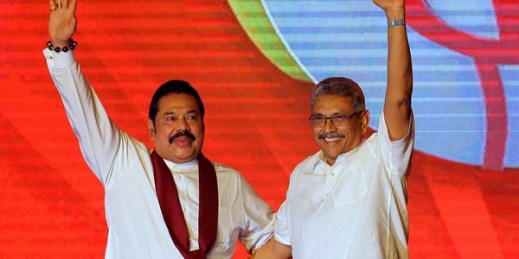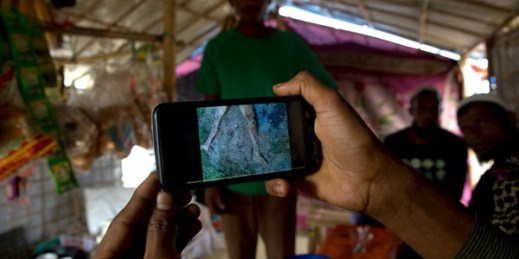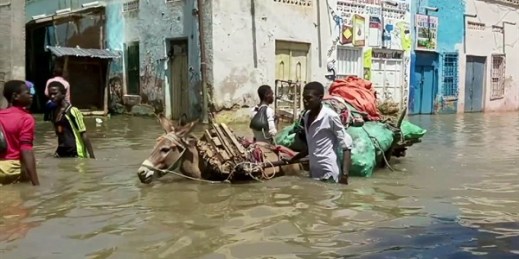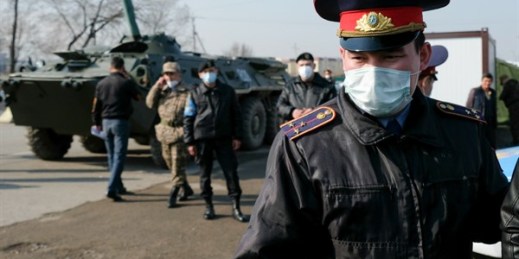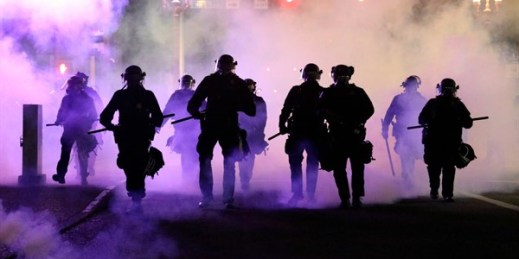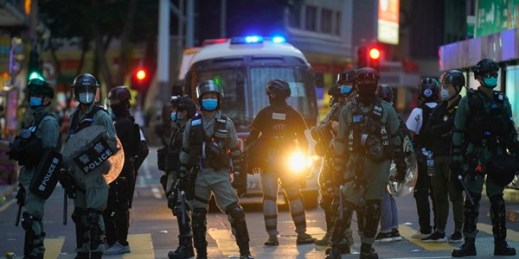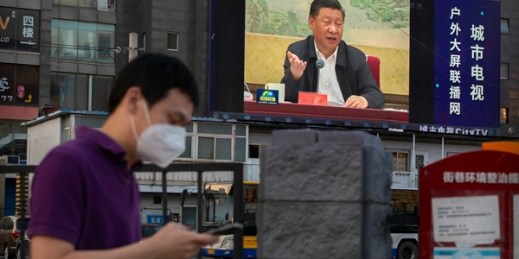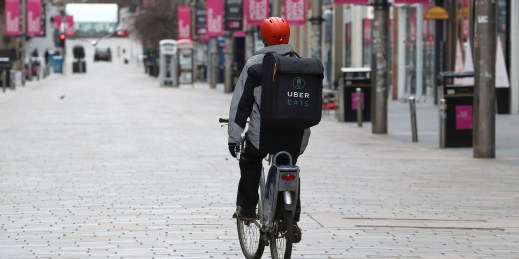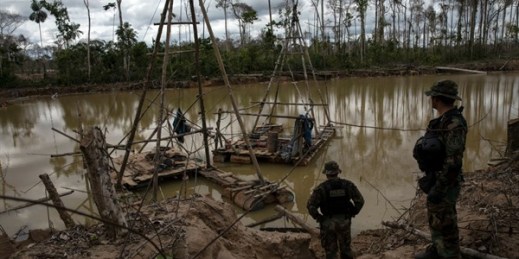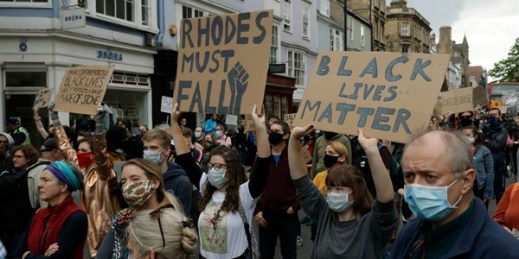
Black Lives Matter protests have erupted in cities across Europe in recent weeks, in solidarity with the uprisings in the United States following the killing of George Floyd by a Minneapolis police officer in May. Some European demonstrators have called on their governments to more formally acknowledge the connections between the slave trade and colonialism and racism in their countries today. In Europe’s two largest former colonial powers, France and the United Kingdom, there are signs that protests are eroding the popular indifference toward their history. While France and the U.K. have never apologized for their colonial past, they have […]

